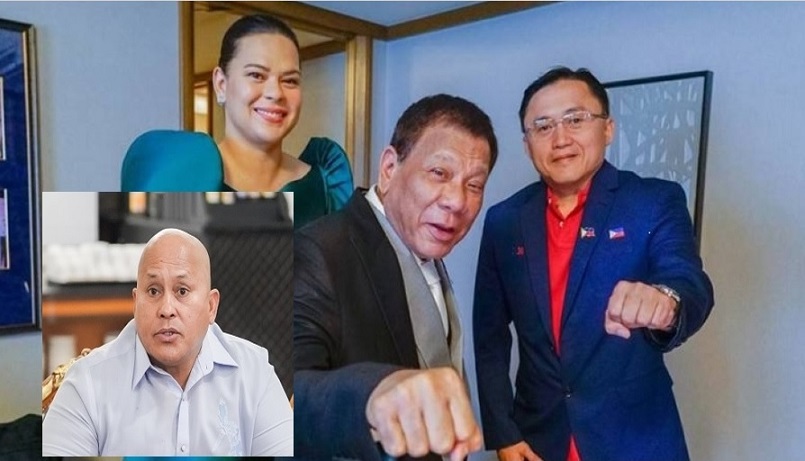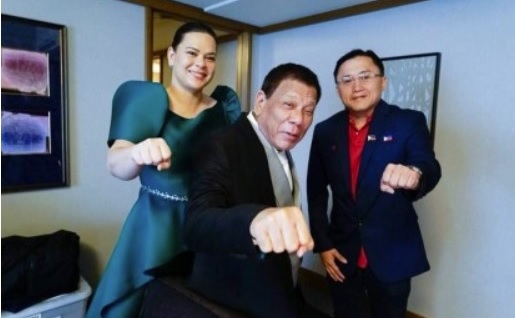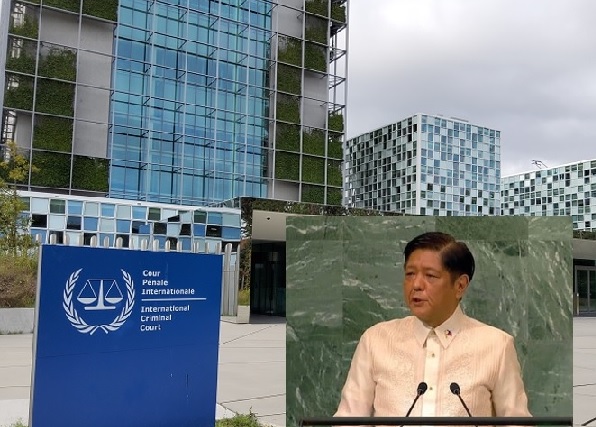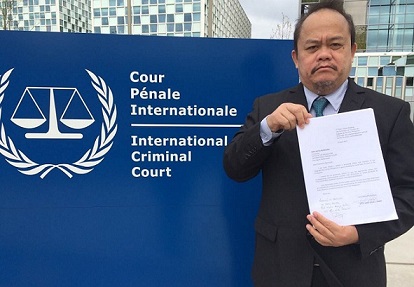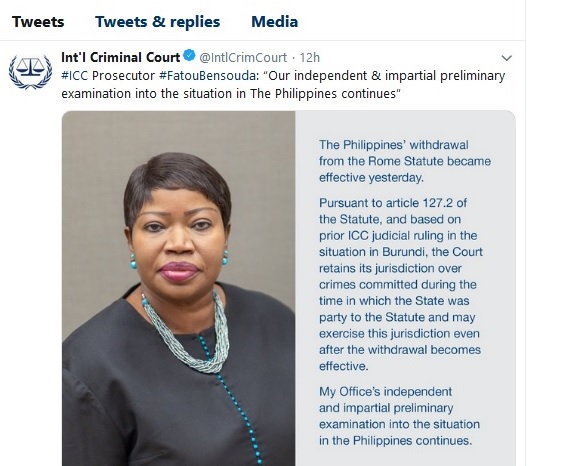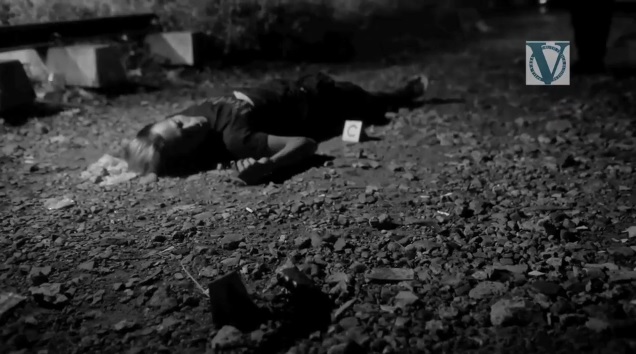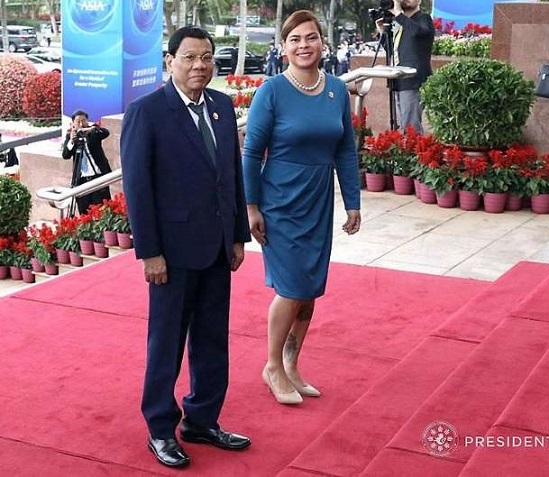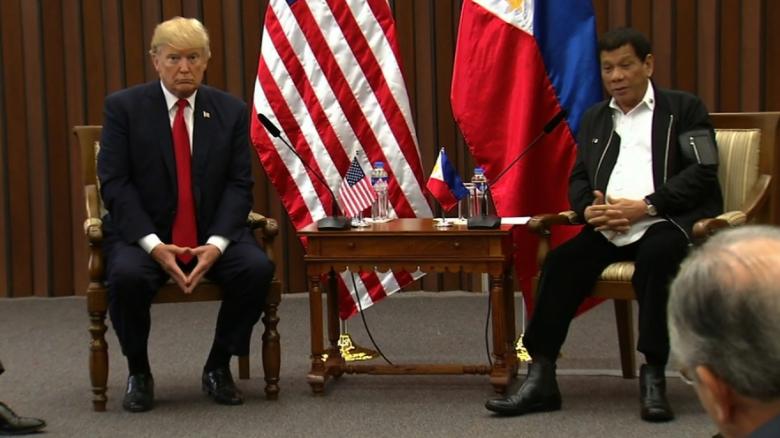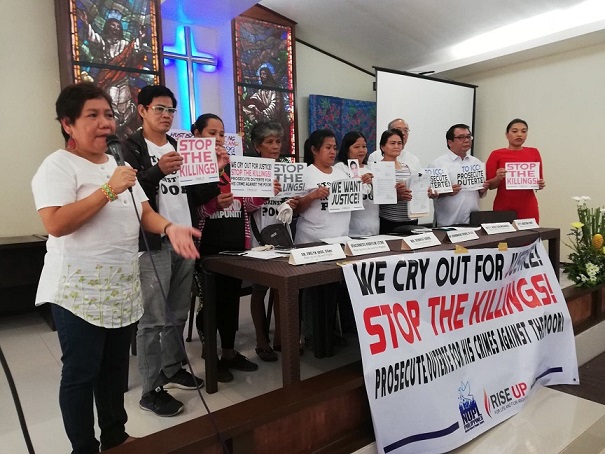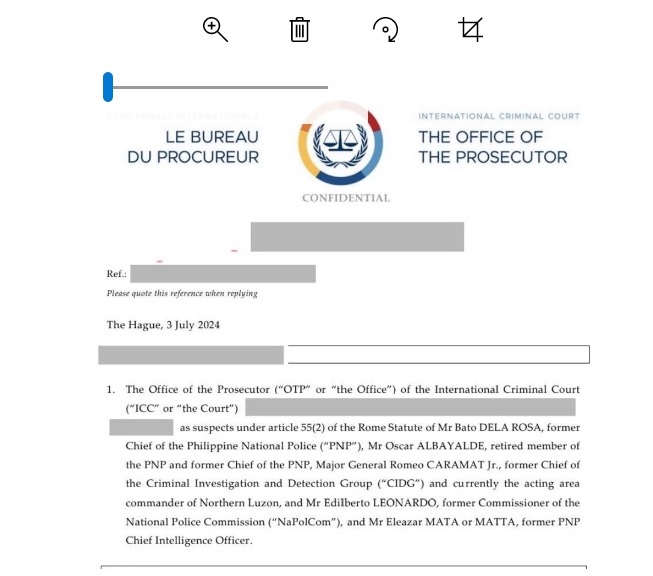
What will the Philippine National Police (PNP) do with the three high-ranking officers who were named as suspects in the ongoing probe by the International Criminal Court (ICC) of former president Rodrigo Duterte’s war on drugs?
The three are: Major General Romeo Caramat Jr., former chief of the Criminal Investigation and Detection Group (CIDG) and currently the acting area commander of Luzon; retired colonel Edilberto Leonardo, identified in the document as former commissioner of the National Police Commission (the Napolcom’s website still lists him as a commissioner); Brig. Gen. Eleazar Matta, identified by the ICC as former PNP chief intelligence officer (He is currently the director of the PNP-Drug Enforcement Group.).
The three police officers were named, together with Sen. Ronald “Bato” Dela Rosa and former PNP chief Oscar Albayalde, in a four-page confidential document dated July 3, sent through the Philippine Embassy in The Hague and released to the media on July 25 by former senator Antonio Trillanes IV, one of the earliest complainants to the ICC against Duterte’s brutal drug war.
